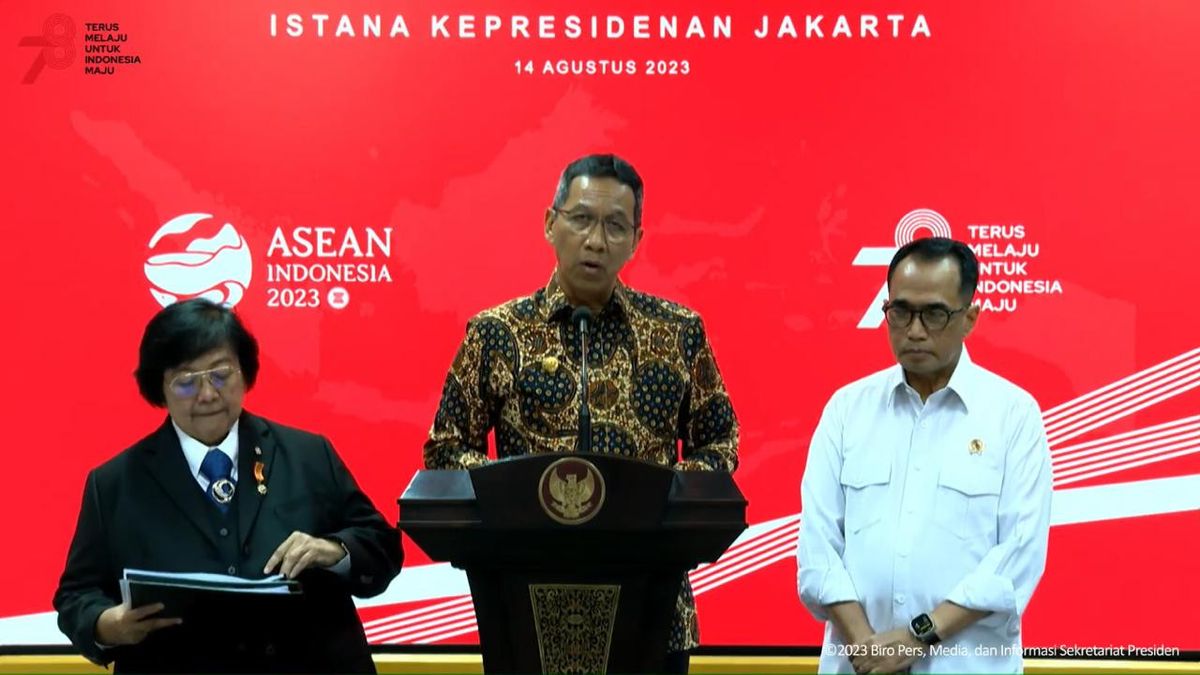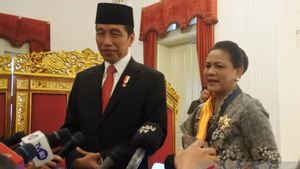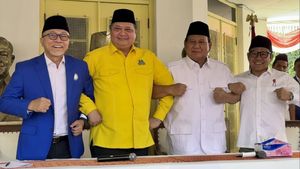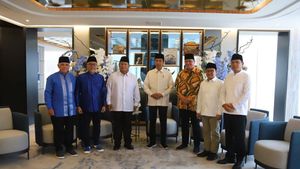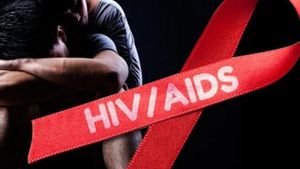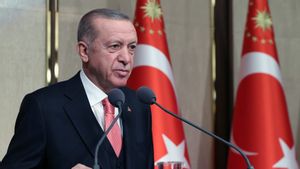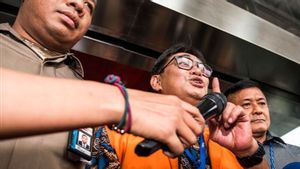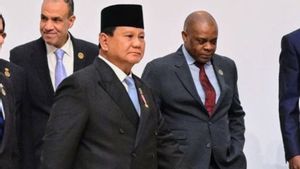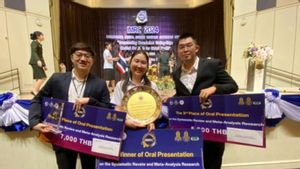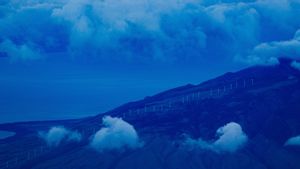JAKARTA - Acting Governor of DKI Jakarta Heru Budi Hartono said the implementation of the hybrid working policy to reduce air pollution caused by motorized vehicles for civil servants within the DKI Jakarta Provincial Government will begin next September.
Heru said, at this time, his party had prepared a mechanism for implementing ASN to work from home or work from home (WFH) alternately with ASNs working in the office.
This was conveyed by Heru after a limited meeting to improve air quality in the Greater Jakarta area led by President Joko Widodo.
"Hybrid working is like work from home. In a moment the percentage is being calculated for each OPD (regional apparatus organization). Hopefully this September I can immediately implement it," said Heru at the Presidential Palace, Monday, August 14.
In order to suppress better air quality, where 40 percent of pollution comes from motorized vehicles, Heru hopes that ministries and other institutions with offices in Jakarta will also implement hybrid working.
Likewise with the private sector. Heru admitted that the government cannot oblige private companies to participate in implementing WFH at this time. Therefore, Heru hopes that the private sector will also implement the policy that will be implemented.
"For the private sector, I cannot stipulate (regulations), but I made an appeal. Some said that some have already run, partly because the form of business is not working, so please return to them," explained Heru.
President Joko Widodo said it was necessary to push for a hybrid work system to reduce air pollution in Jabodetabek, which in the past week was in the very bad category.
"If needed, we must have the courage to encourage many offices to implement hybrid working, work from office, maybe work from home. I don't know later from the agreement at this limited meeting, whether (working hours) 7-5, 2-5, or the number that others," Jokowi said at the start of the limited meeting.
Jokowi said the air quality in Jabodetabek over the past week was very bad. According to Jokowi, the long dry season and the use of energy sources from coal are the factors causing the poor air quality in Jabodetabek.
"The long dry season for the past three months has led to an increase in high pollutant concentrations and emissions from transportation and industrial activities in Jabodetabek, especially those that use coal in the manufacturing industry sector," he said.
In the short term, he also ordered related ministries and non-ministerial government agencies (K/L) to intervene to improve air quality in Jabodetabek.
SEE ALSO:
These interventions, Jokowi added, include weather engineering to attract rain in the Jabodetabek area and implementing regulations to accelerate the implementation of emission limits, especially in the Jabodetabek area.
The English, Chinese, Japanese, Arabic, and French versions are automatically generated by the AI. So there may still be inaccuracies in translating, please always see Indonesian as our main language. (system supported by DigitalSiber.id)
